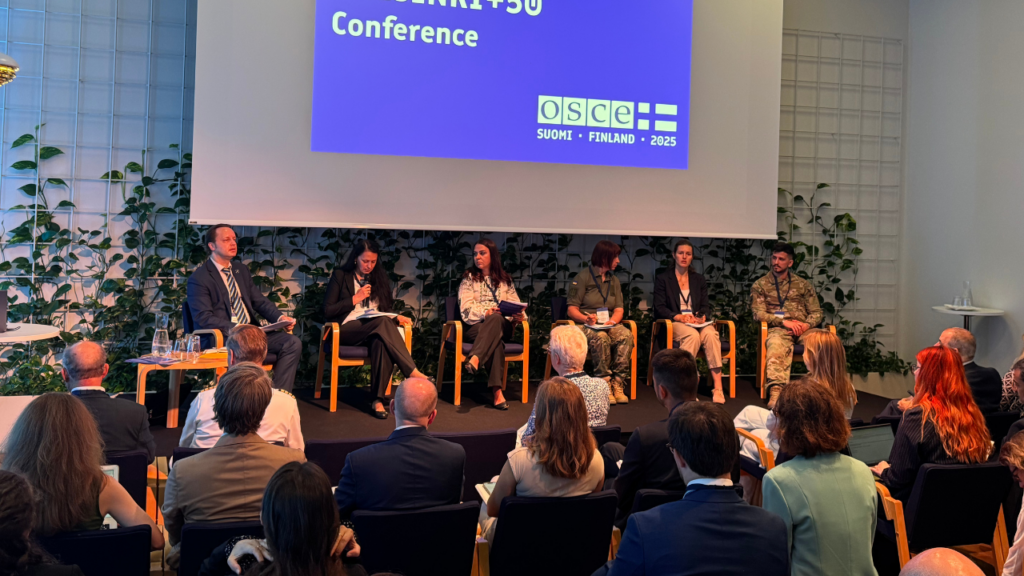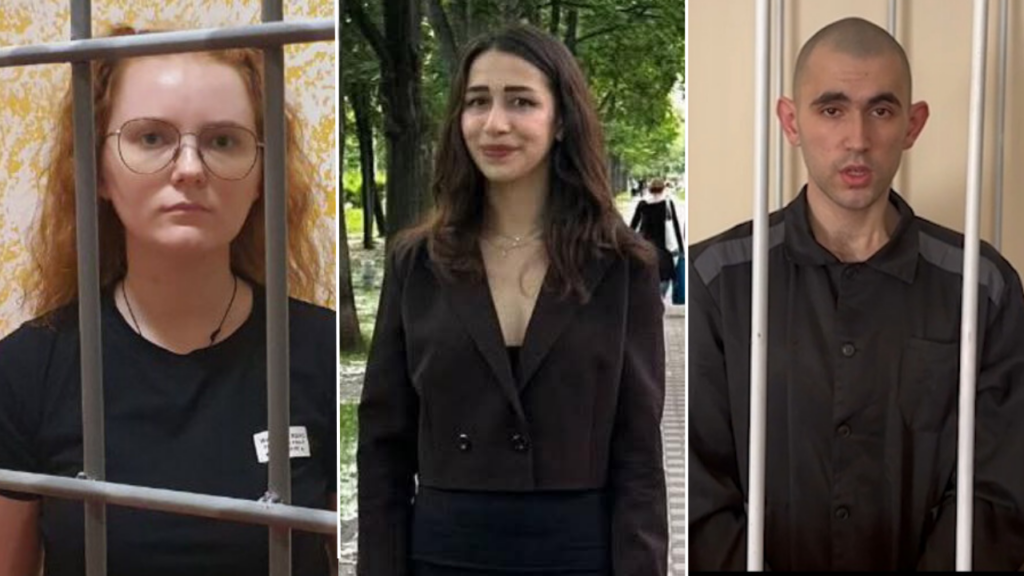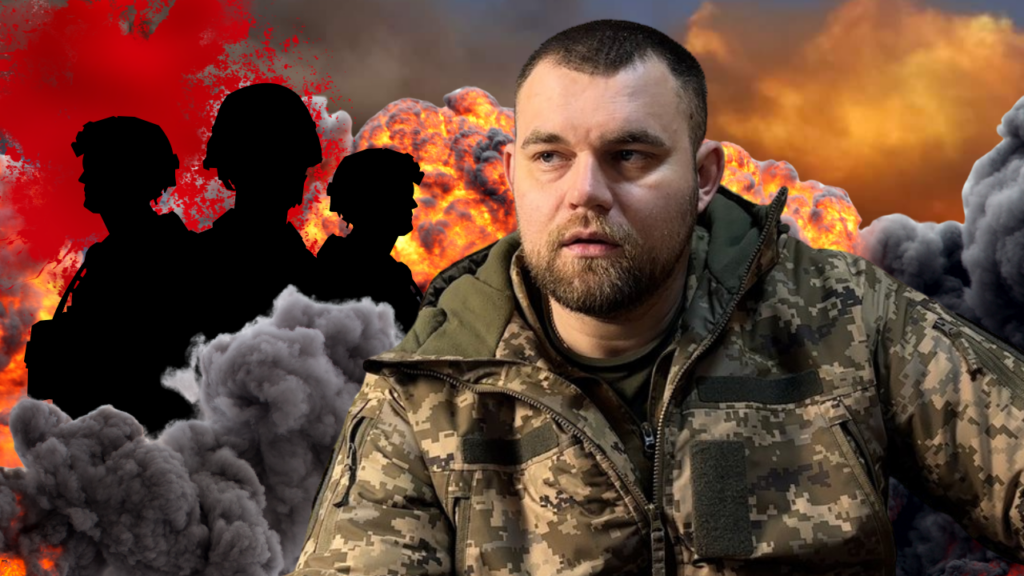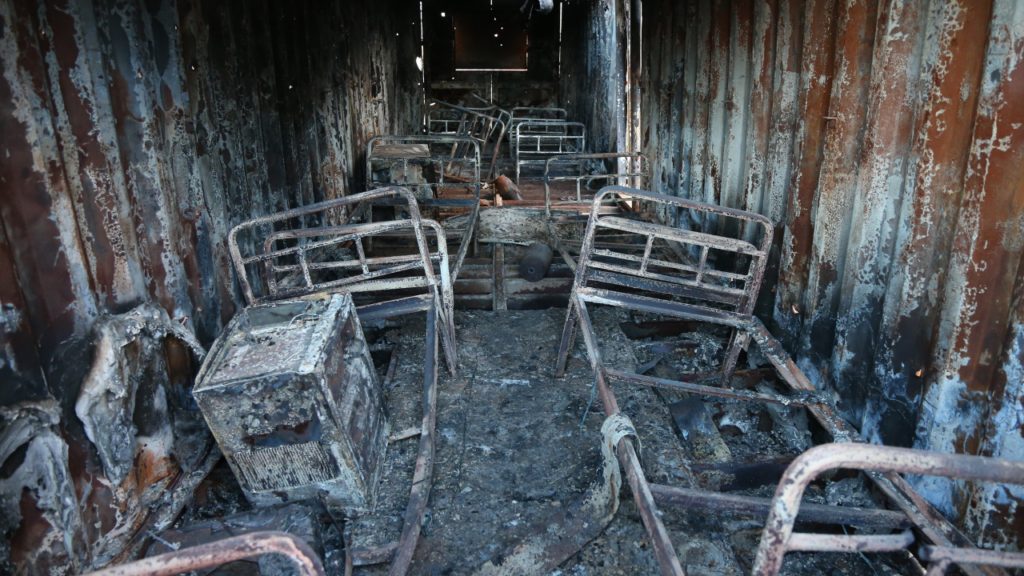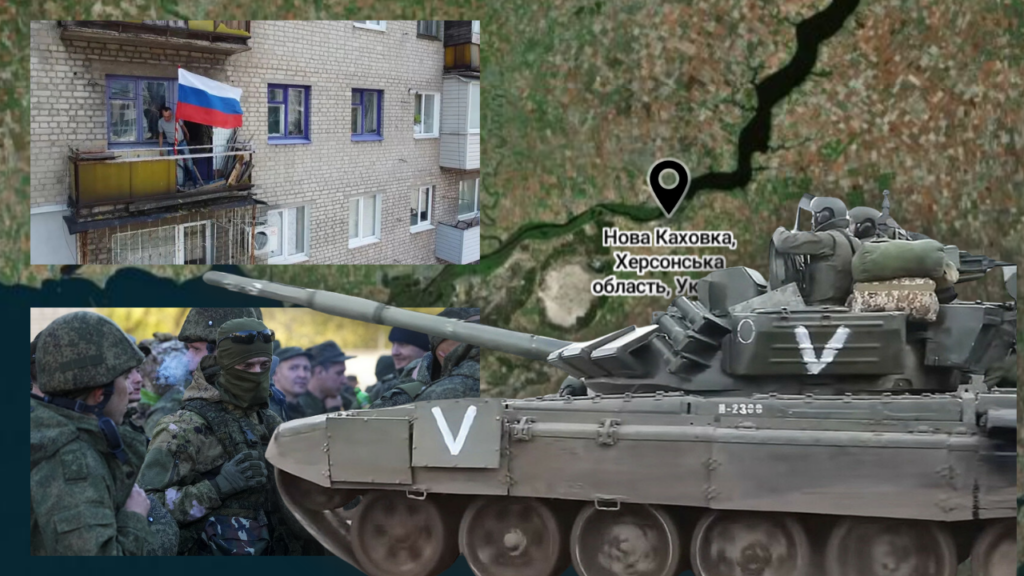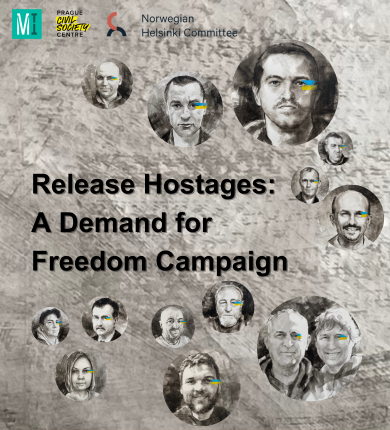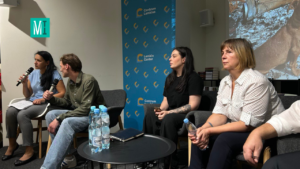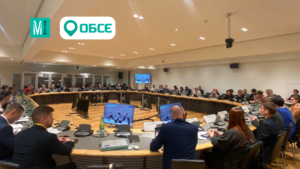
Perhaps this article would never have been written if Ukraine’s law enforcement system — and especially the courts — were functioning properly. If there were effective mechanisms in place to protect the rights of servicepeople. If what happens within the Armed Forces were more transparent and clear at least to those directly involved.
30 July 2025

Since the beginning of Russia’s full-scale invasion of Ukraine, the World Organisation Against Torture (OMCT) and its partners — the Media Initiative for Human Rights and the ZMINA Human Rights Center — have been documenting crimes committed by Russian military personnel and other representatives of the Russian authorities against the civilian population of Ukraine in the occupied territories.
15 July 2025

An activist from Nova Kakhovka, Oleksandr (his surname withheld for security reasons), filmed the dismantling of Lenin monuments across the Kherson region before the full-scale invasion. After the occupation began, he became a target for the Russians. He was tortured for two weeks in order to force him to reveal the identities of other civic leaders in the city and to “cooperate” with the occupiers.
25 June 2025

The European Parliament held a debate on the draft resolution “The human cost of Russia’s war against Ukraine: the dramatic situation of illegally detained Ukrainian civilians and prisoners of war.” The document condemns the widespread unlawful detention of Ukrainians, torture, fabricated charges, and inhumane conditions of imprisonment.
17 June 2025
Про нас
Медійна ініціатива за права людини (МІПЛ) — це медійна команда, яка змінює зовнішню і внутрішню політику задля інтеграції України у вільний світ.
Організацію заснували у вересні 2016 року журналістки Марія Томак і Ольга Решетилова. Відразу після створення організації основною діяльністю МІПЛ були журналістські розслідування порушень прав людини з подальшим адвокаційним супроводом справ. Наразі МІПЛ поєднує моніторинг і документування порушень прав людини у зв’язку зі збройною агресією РФ, висвітлення, розслідування окремих епізодів, аналіз зібраних даних та адвокаційні активності. Для команди важливо не лише говорити про проблеми порушень прав людини в окупації та зоні бойових дій, а передусім впливати на їх вирішення та спонукати належну реакцію на них як на національному, так і на міжнародному рівнях.


